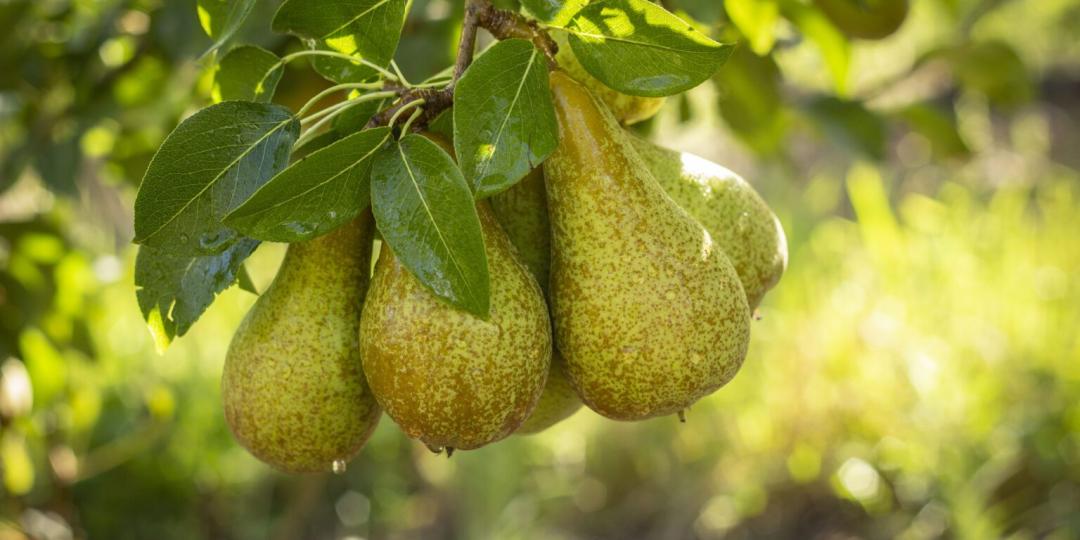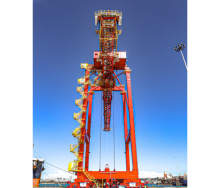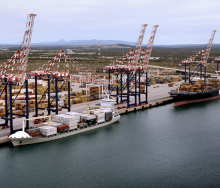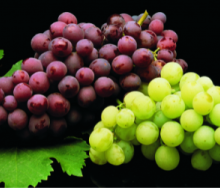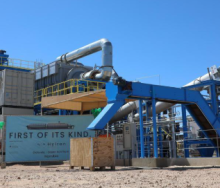South African pear exports to India have been so successful that there are fears that different cultivars may start competing one another in this lucrative market.
Hortgro GM for trade and markets Jacques du Preez and Mariette Kotzé, GM for industry support services, told the Hortgro Technical Symposium in Somerset West that the organisation had capitalised on last year’s diplomatic spat between the USA and India to increase its market share. This resulted in India taking up 43% of all South African exports to Asian and Far Eastern markets during the 2023 export season, while 7% of this market segment went to China.
The cultivars Packham’s Triumph and Forelle have performed extremely well in India, and there is now concern that these two cultivars may start cannibalising each other’s market share in India, du Preez said.
Hortgro has been on a drive for the past decade to diversify away from South Africa’s traditional Northern Hemisphere markets, Europe and the UK, and has lobbied hard with government to open new markets. The organisation has succeeded in this drive while also managing a significant increase in export volumes.
In 2006, South Africa exported 108 452 tonnes of pears, of which 83% went to the UK, EU and Russia, and 13% to Africa, the Middle East, Far East and Asia.
By 2023 exports grew to 231 231 tonnes, of which only 50% went to traditional markets and 46% to emerging markets in Africa, the Middle East, Far East and Asia.
In addition, the spread of European exports also changed, with a much bigger emphasis on the Russian market. In 2006, all exports to the EU and Russia totalled 64 388 tonnes. By 2023, exports to this region numbered 96 282 tonnes, of which 34% went to Russia. Exports to the rest of the EU dropped slightly to 62 967 tonnes.
Pear exports to the UK decreased by 42%, while exports to the Middle East increased 19-fold, from 2089 tonnes to 40 910 tonnes for the same period. Exports to Africa and the Far East increased by more than five times.
Export volumes to the Far East rose from 10 070 tonnes to 54 063 tonnes, while exports to Africa grew from 1504 tonnes to 8350 tonnes, and exports to the USA and Canada more than doubled, from 2850 tonnes to 6457 tonnes for the period.
